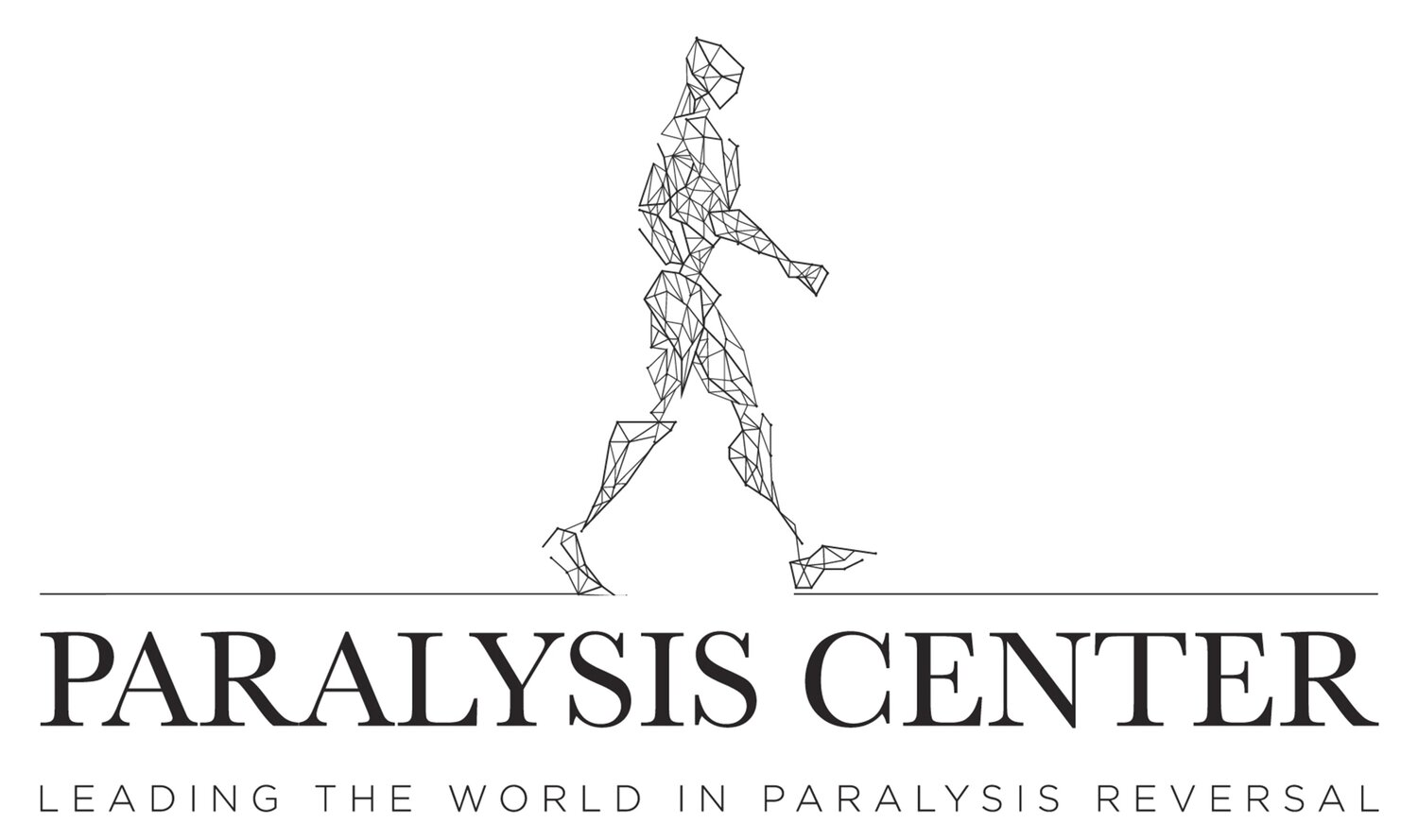Acute Flaccid Myelitis
Acute flaccid myelitis (AFM) is a rare condition that primarily affects children and results in paralysis of a portion or the entirety of a single limb, arm or leg.
This condition occurs as a complication of a viral infection in which the virus attacks the spinal cord and destroys the gray matter (the part that is the source of the nerves that provide movement to the limb). It can involve more than one limb (e.g. both arms or rarely all four limbs) but more often is just one arm. This condition has been on the rise in recent years.
Causes of Acute Flaccid Myelitis
AFM is a “polio-like” condition that appears to be related to a viral infection. If fact, more than 90% of patients have a mild respiratory illness of fever before the development of the more serious effects. If your child develops sudden weakness, you should seek medical care immediately. There have now been about 600 documented cases in the United States. With an increasing incidence, there were 238 cases last year alone. Onset in most patients was between the months of August and October. At this time there are no specific measures that experts are aware of that can help prevent the condition.
Treatment of Acute Flaccid Myelitis
AFM is a lower motor neuron paralysis. It is similar in many respect to a brachial plexus injury root avulsion in that we cannot reconnect to the original nerve because it is no longer available. The mainstay of treatment for this condition is surgery. Milder forms of the condition can recover function over time, but severe cases will not recover sufficient function without surgical intervention. Because there is no source nerve, nerve transfers are the primary treatment. We must identify with nerve testing which nerves are the least affected and which are the most affected. We will then design a nerve transfer strategy to recover the most critical functions in that limb. Because this is a lower motor neuron injury, time is of the essence. Surgery undertaken by three months is more effective that that undertaken after nine months.
Similar to brachial plexus injuries, there are still options if you have missed this window of opportunity. Tendon transfers and muscle transplants can still provide an opportunity to recovery lost function and a better quality of life.
If you or a loved one is suffering from AFM, contact the Paralysis Center right away for a consultation.
Schedule a Consult with the Paralysis Center today (844) 930-1001.
Tips to help you get the most from a visit to the Paralysis Center
Before your visit, write down questions you want answered.
Bring someone with you to help you ask questions and remember what your Specialist tells you.
At the visit, write down the name of your diagnosis, and any new medicines, treatments, or tests. Also write down any new instructions your specialist gives you.
Know why a new medicine or treatment is prescribed, and how it will help you. Also know what the side effects are.
Ask if your condition can be treated in other ways.
Know why a test or procedure is recommended and what the results could mean.
Know what to expect if you do not take the medicine or have the test or procedure.
If you have a follow-up appointment, write down the date, time, and purpose for that visit.
Know how you can contact your Paralysis Specialist if you have questions.


